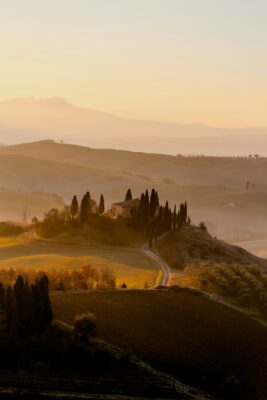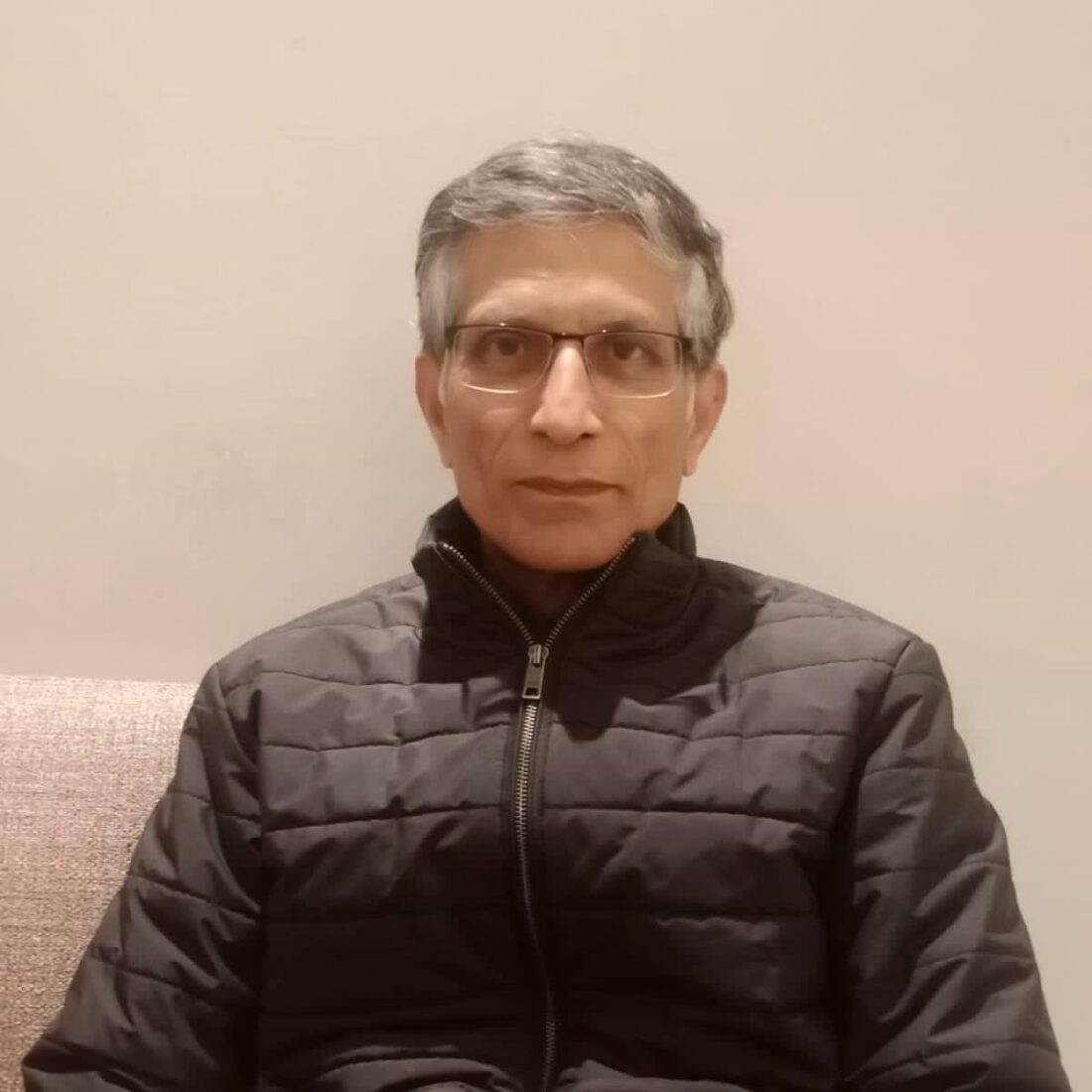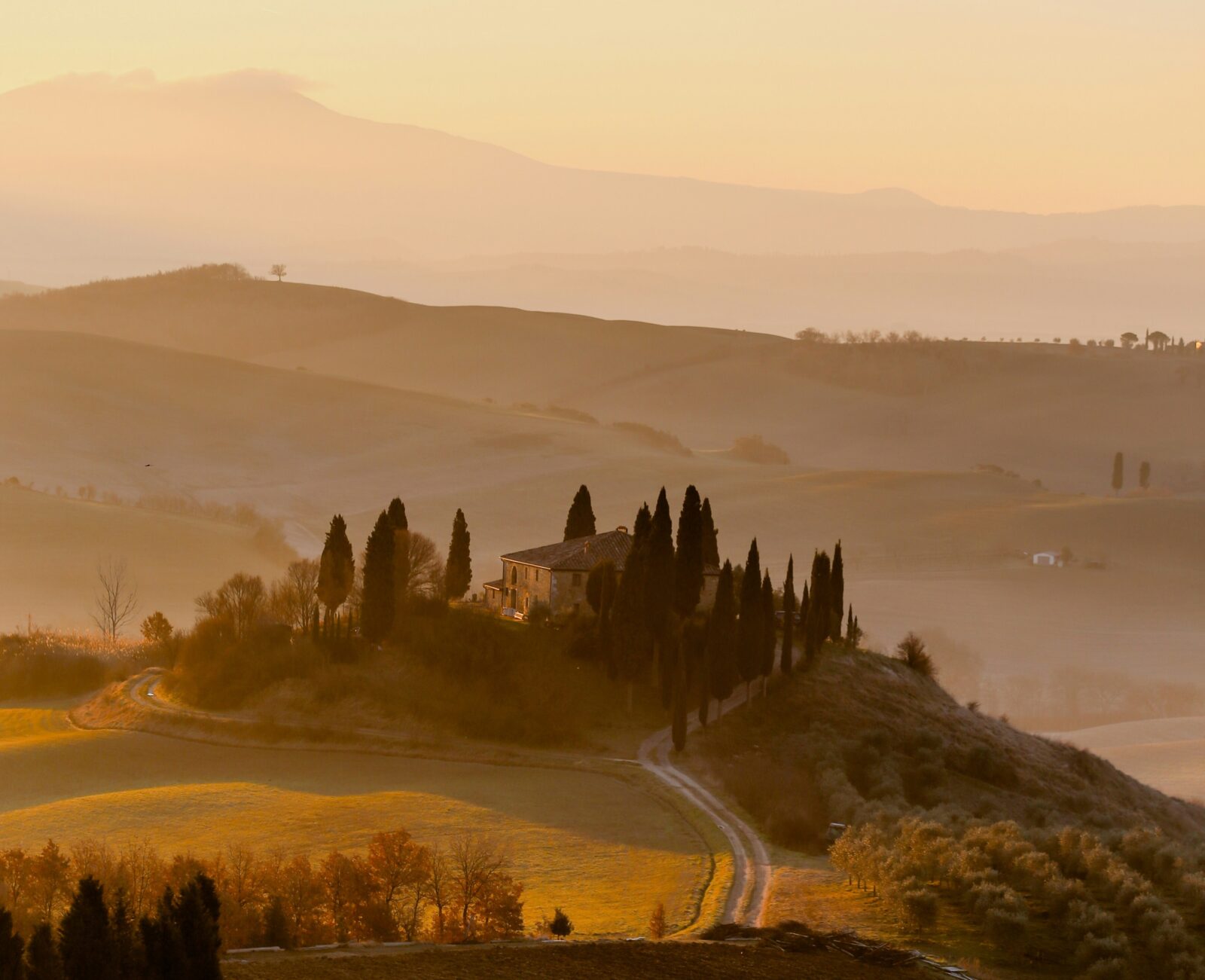
New possibilities knock at the door of life, most unexpectedly sometimes. They peep from the dark alleys that hide from view the light at the farthest end, waiting for a new dawn.
For me, they came wrapped up in shock when I had to move to a remote location all of a sudden. The seven-hour drive through the seeming wilderness and incessant rain offered a glimpse of the challenges of my destination – a nondescript village with menacing peaks, meandering roads, and a unique place of worship. That was all it could boast about, and none of them gave me any joy.
It was evening by the time we arrived and found the village welcoming committee waiting with warm smiles. Not that it mattered – I was tired, frustrated and unhappy. So, when someone tried to offer comfort with the words, “You are fortunate because the presiding deity of the temple herself decided to requisition your services for the people of this area”, it had little effect. In due course of time though, the import of those words would dawn upon me, and the ineffable magnetism and charm of the place would go on to grip my soul.
As the days rolled by, I realised a transformation was taking place. While my workplace was teeming with patients whose painful stories of myriad ailments took up most of my waking hours, it was the temple that became my abode of solace. The place captivated me, as also the charm of the simple folk who served the temple with utmost devotion and love. Gradually, a bond was forged – the physicality of which lasted till my departure, but on an astral plane it remains with me for life.
The village surroundings were a study in natural grandeur with tall deodars and rocky cliffs providing a majestic backdrop. Long walks in the wilderness were peppered with animated discourses on spiritual matters by Prabodh, a junior colleague, who would dwell on the intricacies of human emotions and talk about his encounters with the spiritual masters.
Metaphysical questions fascinated him. He had spent months deep into the uninhabited mountains, where none except the seekers of the divine truth lived and prayed. He would tell me about them, “I met a very old yogi who looked resplendent, and showed no sign of physical or mental decline that comes with age. I sat in his company enraptured for days together and listened to his discourses replete with the strains of spirituality, science, and metaphysics.” His stories enthralled me and helped answer the many questions that had always plagued my mind.
While Prabodh took me on an inner journey, Balu made my life joyful in his own simple ways. Dynamic and talkative, his presence could be felt in every part of the temple. Within a seemingly rough exterior, there lay hidden streaks of rugged calm and unadulterated affection that one reads about only in books. He treated me like an old friend, often feigning annoyance when I took leave. “Sirji, I don’t like your frequent absences. Why do you go to your hometown so frequently?” I would then explain my position, and try to convince him that the number of days I spent away from the place were too few to give him reason to feel indignant.
Jeevan, the cook, became another friend. Without being demonstrative, he showed his care and concern by taking note of my lack of excitement about food. He would make it a point that I should eat well and insist on giving me an extra chapati and keep my share of the sweet dish. Once when he got to know that I was seeking a transfer, he was dismayed. “Sirji, I don’t like the idea at all. Why don’t you serve here till retirement?”, he expressed his disapproval of my plans. I knew, it was nothing but attachment.
Expressions of such pure love from people with whom my association was relatively new put me in a big dilemma. Should I listen to my family who needed me back, or should I respect this loving insistence on prolonging my stay here? It was a difficult call. More so because the place, which in the first few days of my arrival had looked so dreary and bleak, now began to feel like a home – vibrant, joyful, loving, and very charming.
A heady mix of the people and the place captivated me. Long periods of isolation on Sundays or holidays were blissful. My soul, which had lost its natural exuberance and warmth after years of constant inner chatter, restlessness and emotional upheavals, began to heal. Turbulence gradually eased off, and love for nature, fellow humans and simple things of life began to take root. On certain occasions I spent whole days confined to my cramped but beautiful room. I couldn’t understand why I never felt lonely, unhappy or disoriented despite not meeting a single soul for long hours. Peace pervaded my whole being, and no physical deprivation or discomfort could unnerve me. Even power cuts during snowfall were not much of an inconvenience.
A new understanding of life was taking hold of me with the help of loving friends, which included colleagues, temple sevaks and even the nearby shopkeepers. I felt it for the first time that we constituted a large human family in which each member was equally important – education, affluence, poverty, caste, class, or position hardly mattered. We were all notes of a symphony, and unless all notes played in tandem, the only possible music was a jarring noise. I was beginning to understand how each strand played its part in weaving the social fabric. Children returning from school on foot, who respectfully greeted us and touched our feet gave me as much joy as an occasional encounter with a high-profile visitor to the temple who chose to interact with us.
In a remote place, a doctor is a revered figure, who must at all times remain accessible. While prestige, deference and love are potent forces, they are equally flimsy. It doesn’t take much to puncture the bubble. The hospital where I worked was the only medical facility in the entire region. It was the only hope for people in times of crisis. A great many local patients thronged the hospital with their sufferings and ailments. Some came with routine problems, but in some cases, long years of neglect had taken their diseases beyond a point of no return. They struggled to articulate their symptoms, but their bodies said it all.
Nikita and Vinti, my two nursing associates, came to their rescue. With utmost patience and empathy, they bridged the linguistic gap that lay between these simple folks and a medical specialist who revelled in medical jargon. To my innocent inquiry as to how they could always remain calm and helpful, they responded with smiles and a disarming candidness. “These villagers are almost a family, directly or indirectly. In villages, the boundary of our love is not so restrictive and well-defined. It spills beyond a mother, father, brother or a sister; a neighbor or a distant acquaintance has an equal right to sit in the canopy of love we erect,” said Nikita with a conviction that left me speechless.
Are they a different human species or is my understanding of human nature so pathetically linear and limited? The hospital smelling of festering wounds, hopelessness writ large on the faces of the patients, and the constant struggle between life from death could not dampen the spirit of my team, their innate humaneness and abundant charm. The whole atmosphere palpitated with their gentle approach to human connections and service.
Life has its own logic and pace. We cannot visualise what lies in store for us. What seems profitable to us may prove disastrous in the long run, while a seemingly unwelcome event may bring joy. The salubrious environment and the company of these beautiful men and women had a profound impact on my life. I had spent only a few months with them, but their unbounded zest for life ignited in me an urge to look within, and experience the force of love, innocence and beauty. I felt my mind uncaging, swept over by a fresh wave of love and human connection. The disconnect that had corroded me from within was loosening its grip; it lay vanquished. A new dawn was not far away.

Praveen Kumar
Praveen Kumar taught English language and literature in Himachal Pradesh for close to 30 years, and retired as Principal of Govt. College, Sarahan. The co-editor of two anthologies, ‘The Threshold’ ‘and ‘Let Us Tell a Story’, he writes poetry, both in Hindi and English, short pieces on literature and topics of general interest. Presently, the coordinator of English Teachers’ Forum, Himachal Pradesh, he also runs a podcast named The Joy of Ideas.

Respected Sir, I thoroughly enjoyed reading every line of yours . Excellent potrayal of thoughts and emotions , the set -up ,locales ,human connections and vivid pictures of a beautiful piece of land , the touch of Divinity and above all the human factor ,it’s implicitly and genuity, touched my heart . Thank you very much for sharing with us , we will.cherish your way of writing which is so inclusive of many facets of life.
‘A NEW DAWN’…..What an apt title for a most enjoyable, articulate read by Mr Praveen Kumar. An endearing story which stirred, nay, shook the soul… the indolent, dreamy soul, which at times, threatens to doze off now and then. The Rip Van Winkles , rise and come out of your reverie!
This very charming and captivating article is a soulful reminder to stay rooted in faith and that the Almighty has HIS own mysterious ways and twists and turns to make us
shun worries, misgivings, apprehensions and anxieties
and to keep one going! Reminds me of ‘Nanak chintaa mat karo, chintaa tis hee hay’.( O Nanak, don’t be anxious, the Lord will take care of you). Nature, is pure Ibadat.
Also like Vedanta teaches,we forget our true innate nature in the whirlwind movement of life and therefore don’t look for what lies within us.
The enchanting description of the pristine, fascinating hamlet, the invigorating walks, befriending the simple, smiling, straightforward helpful village folks, sharing stimulating, spiritual matters surrounded by the all- powerful emotion…love, is purely sublime.
The restless, unsettled soul seeking solace, ultimately finds it in the vast, all-powerful nature.
Undoubtedly, the universe in it’s entirety rises to heal, on condition that the arms are open to receive .
Praveen sir..it’s an amazing story…I enjoyed every line of yours and I was lost while reading…very beautifully explained feelings, thoughts, attachments and emotional of human being….
Thank you so much sir..